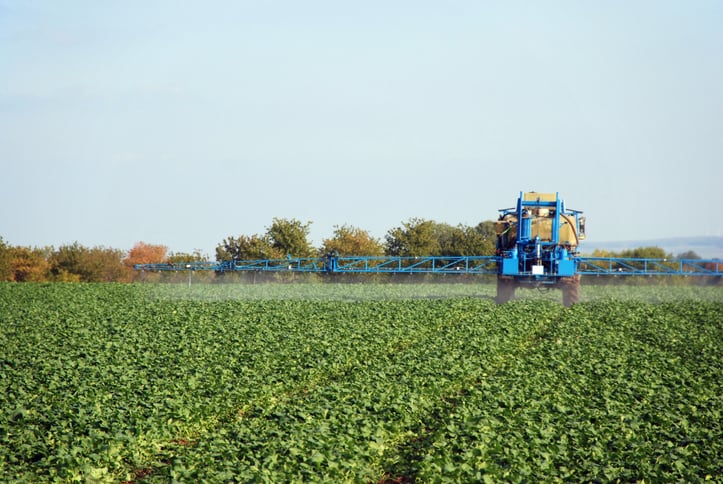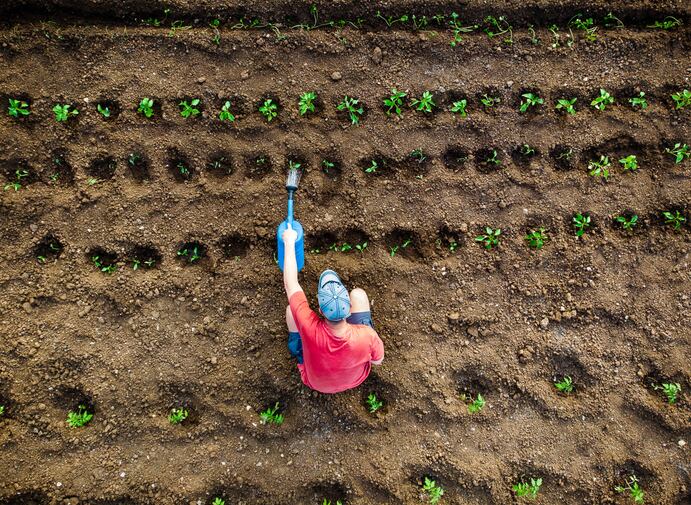Upon registration, the Belgium-based company claimed these biofungicides will offer farmers a sustainable, and economically viable, answer to major diseases in wheat, fruit and vegetables.
VALORIA and VIRTUOSA are the first biofungicides derived from Aphea.Bio’s technology platform, called APEXbio. This R&D platform is designed to accelerate the discovery process of thousands of naturally-occurring micro-organisms, leading to what Aphea.Bio calls next-generation biostimulant and biocontrol products.
The two new microbial-based biofungicides are designed for foliar application: VALORIA for wheat, and VIRTUOSA for fruit and vegetables. Based on a Streptomyces strain, they offer advantageous features, such as ease of use, a two-year shelf life at ambient temperatures, and are mixable and compatible with existing agricultural chemicals. Effective against a broad spectrum of diseases, they protect wheat against head blight, yellow rust, leaf blotch, and powdery mildew, and fruit and vegetables against diseases such as grey mold and powdery mildew.
The application submissions follow three years of extensive field testing, conducted by Aphea.Bio and validated by external partners, demonstrating consistent and robust performance both as standalone solutions and within Integrated Pest Management systems.
Positive trials position the products as reliable options for growers looking to replace or supplement their standard practices. According to the company, all studies confirm that the microbial strain has a very low risk profile, with no adverse effects observed in toxicity studies and no ecotoxicological risks identified.
“We are excited to submit our first biofungicides VALORIA and VIRTUOSA, for EPA registration. This marks a significant milestone, demonstrating the versatility and efficacy of our technology platform APEXbio in delivering not only biostimulants but also biocontrol solutions. We are looking forward to the introduction of more innovative biocontrol products across many crops and countries in the coming years”, said Isabel Vercauteren, CEO of Aphea.Bio.
“The company will soon proceed with international registrations and file application submissions in the European Union and California. As we await the outcome of the regulatory review process, we continue our commitment to leveraging beneficial microorganisms for crop growth, thus advancing the transition towards sustainable agriculture.”
Boom time for biologicals?
The appeal of biologicals in agriculture lies in their potential to contribute to sustainable farming practices, improve crop yields and quality, and enhance environmental sustainability. Earlier this year, Aphea.Bio’s recently appointed chairman Hadyn Parry predicted ‘huge’ growth for both microbial-based biofungicides and biostimulants.
These ‘tick all boxes’, he said. “They can play a huge part in not only increasing food quantity but food quality and at the same time reduce our dependency on chemicals or other additives you would put on the crop. It’s good for plants, good for the environment. That’s why I think it’s so exciting.”
He added that biologicals hold promise for facilitating a diverse range of healthier and sustainable products across the food and agriculture supply chain.





